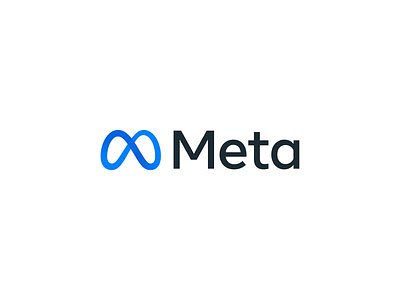
Meta Stabilizes with AI Gains, Metaverse Bets Remain a Gamble
After a turbulent year, Meta reports solid Q3 results fueled by AI and cost-cutting. But its costly metaverse ambitions continue to draw scrutiny as losses mount.
Meta Stabilizes with AI Gains, Metaverse Bets Remain a Gamble
MENLO PARK, Calif. – Meta Platforms Inc. (META) reported a stable third quarter, demonstrating a rebound from previous struggles with revenue up 9% year-over-year to $34.1 billion. The results, announced Wednesday, signal a period of stabilization driven by advancements in artificial intelligence (AI) and aggressive cost-cutting measures. However, the company’s continued investment in its metaverse ambitions, through Reality Labs, remains a significant drag on profitability.
Shares of Meta rose slightly in after-hours trading following the announcement. The company reported earnings per share of $4.60, exceeding analyst expectations. The positive results mark a significant turnaround for Meta, which faced declining revenue and user growth throughout much of 2022.
AI Fuels Ad Revenue Recovery
A key driver of Meta’s recent success is its increasingly sophisticated use of AI to improve ad targeting and personalization. According to Meta’s earnings call, AI-powered ad tools are driving increased engagement and return on investment for advertisers. “We're seeing strong results from our AI initiatives, particularly in ad delivery and optimization,” a company spokesperson stated. “AI is allowing us to deliver more relevant ads to users, leading to higher click-through rates and conversions.”
Industry analysts corroborate this assessment. “Meta has been at the forefront of AI adoption in advertising,” explains a senior financial analyst at J.P. Morgan. “Their AI-powered tools are significantly improving ad performance, which is driving revenue growth.” This success is particularly noteworthy given the increasing competition in the digital advertising space from rivals like Google and TikTok.
Cost-Cutting Measures Pay Off
Beyond AI, Meta’s aggressive cost-cutting measures have also contributed to its improved financial performance. The company implemented a series of layoffs and restructuring initiatives earlier this year, resulting in significant savings. These efforts have helped Meta improve its operating margins and streamline its business operations.
“Meta’s management team has done a commendable job of reducing costs without sacrificing innovation,” says a financial analyst at Morgan Stanley. “They’ve demonstrated a commitment to fiscal responsibility, which has been well-received by investors.”
The Metaverse Gamble: Reality Labs Continues to Bleed
Despite the positive developments, Meta’s long-term strategy remains clouded by its continued investment in the metaverse. Reality Labs, the division responsible for developing virtual and augmented reality technologies, reported a significant operating loss in Q3, although the loss narrowed compared to previous quarters.
“While we're pleased with the progress we’re making in the metaverse, it’s clear that it will take time to build a sustainable business,” acknowledged a Meta spokesperson. “We remain committed to this long-term vision, but we’re also being realistic about the challenges ahead.”
Industry experts remain skeptical. “The metaverse is still in its early stages of development, and it’s unclear whether it will ever achieve mainstream adoption,” says a technology analyst at Gartner. “Meta is taking a significant risk by investing so heavily in this unproven technology.”
Data from IDC supports this view, suggesting that while the AR/VR market is projected to grow substantially in the coming years, it remains a niche market with limited consumer appeal.
“Meta is essentially betting the future of the company on the metaverse,” says a source familiar with the company’s internal strategy. “It’s a high-risk, high-reward proposition.”
User Growth Remains Strong, But Faces Competition
Meta’s user base continues to grow, with Daily Active Users (DAUs) reaching 2.06 billion, a 7% increase year-over-year. Monthly Active Users (MAUs) also increased, reaching 3.03 billion. However, the company faces increasing competition from TikTok and other social media platforms, particularly among younger users.
“Meta is losing ground to TikTok in certain demographics,” says a technology analyst at Statista. “TikTok is capturing the attention of younger users with its short-form video content.”
To address this challenge, Meta is investing in new features and content formats, including Reels, which is designed to compete with TikTok. The company is also exploring new ways to monetize its user base, including subscription services and commerce features.
Looking Ahead
Meta’s Q3 results demonstrate that the company is on the right track, but significant challenges remain. The company must continue to innovate and adapt to the rapidly changing digital landscape. The success of its long-term strategy will depend on its ability to balance its investments in the metaverse with its core business of social networking and digital advertising.
The company's leadership faces a delicate balancing act. Investors will be watching closely to see if Meta can continue to deliver strong financial results while simultaneously pursuing its ambitious metaverse vision. The next few quarters will be critical in determining whether Meta can truly solidify its position as a leader in the digital world.
